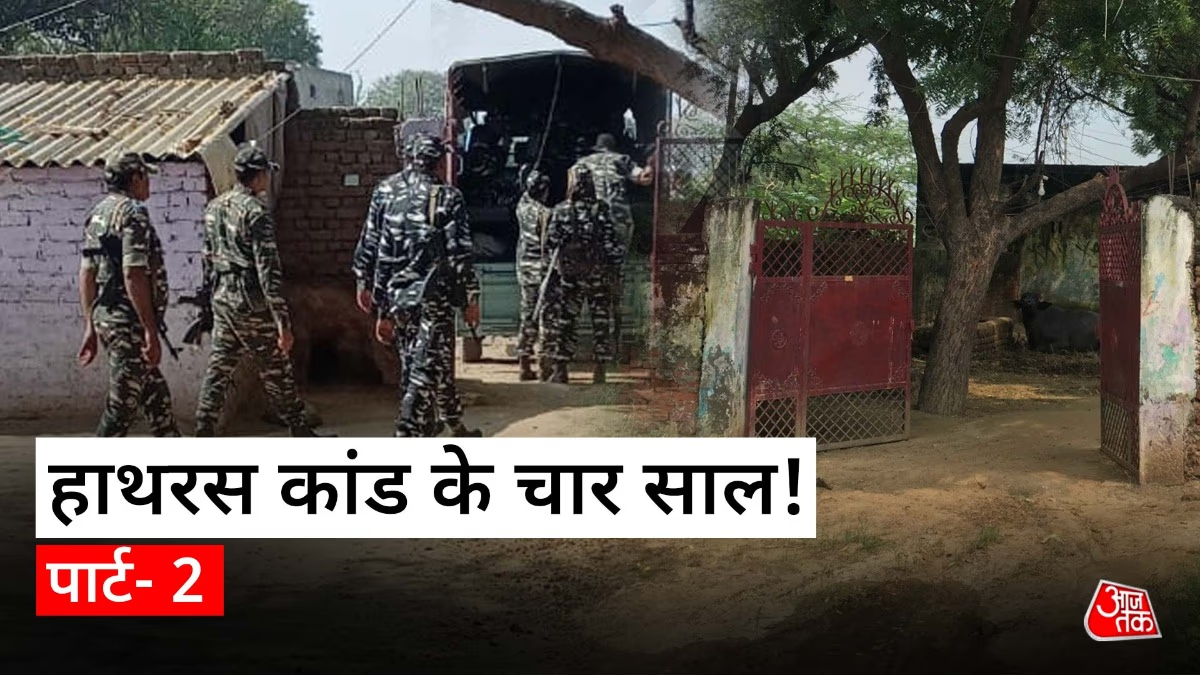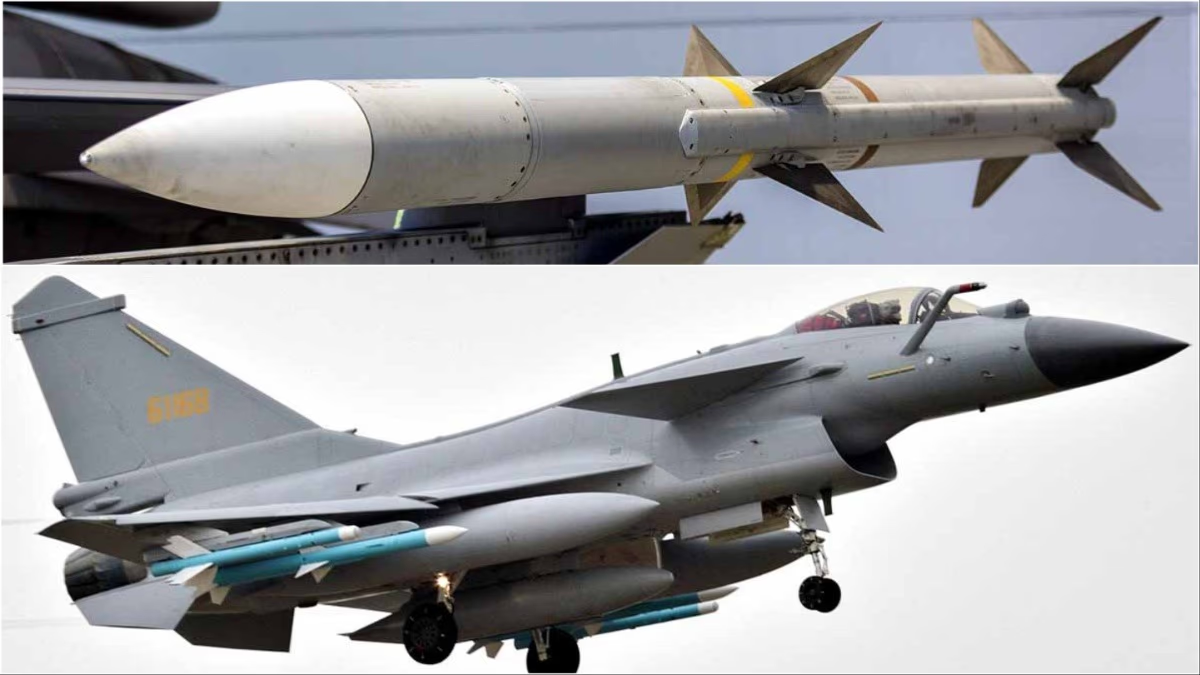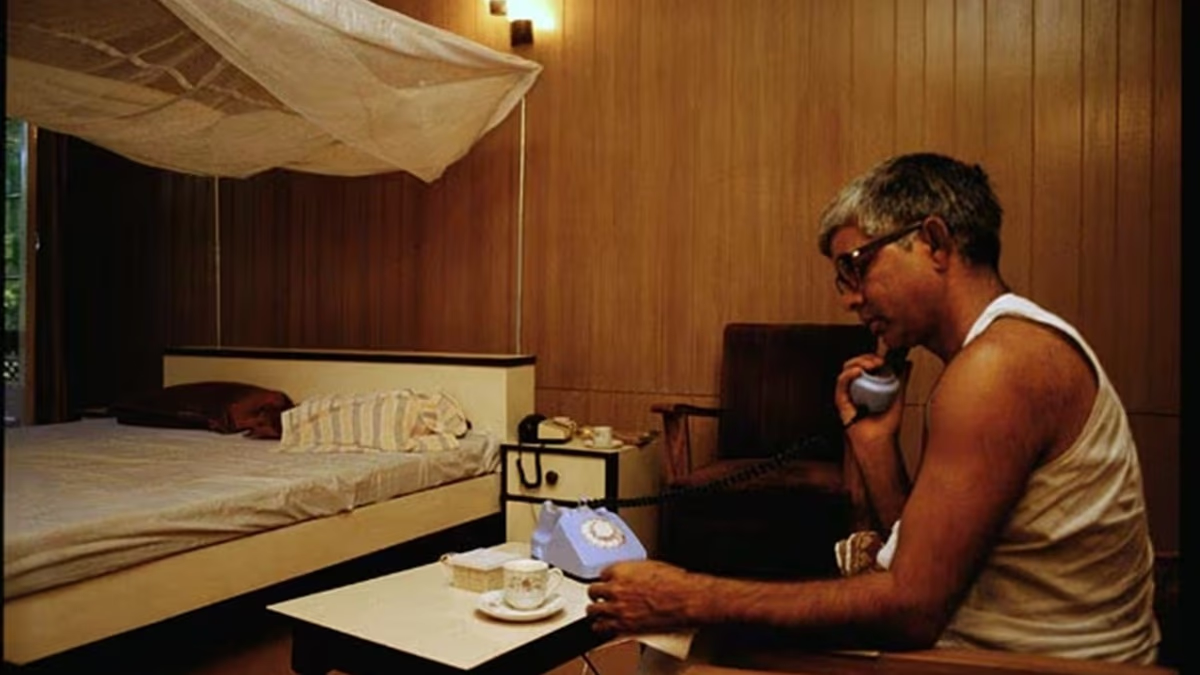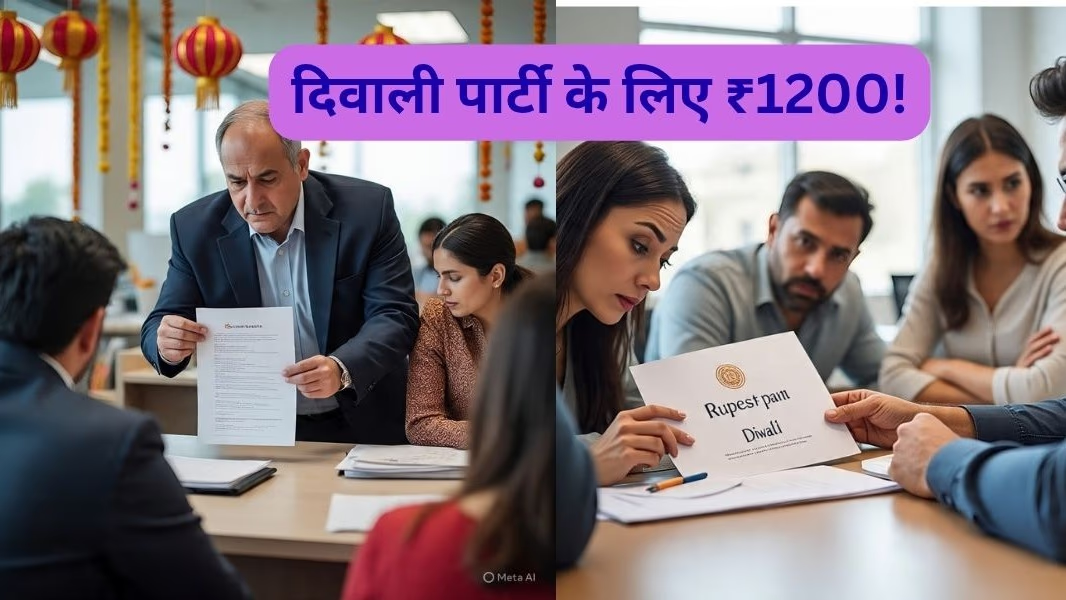In September 2020, people from all corners stormed into a house in Hathras like a whirlwind. The media was there, government officials, and helpers, all promising justice. Tears were wiped away soothingly, assurances given sympathetically, but then came the silence. Now, no one visits this house—not relatives, nor outsiders—except for the annual September rustling. The brothers waiting for justice for four years vent all their anger and boredom in one probing question.
Read the first part:
As soon as you enter the Gheru-Gobar painted house, the CRPF's first perimeter meets you. They ask for names and introductions before making a phone call, probably to their officer, to inform them about us. After the phone call, a register is brought out.
Next to it, some other registers are lined up, recording the names and details of visitors from around the world. The officer searches for a pen, which is missing. Meanwhile, I have already started writing down my details with my own pen. The officer asks again— 'Is this a follow-up?' I nod, and the brothers are called.
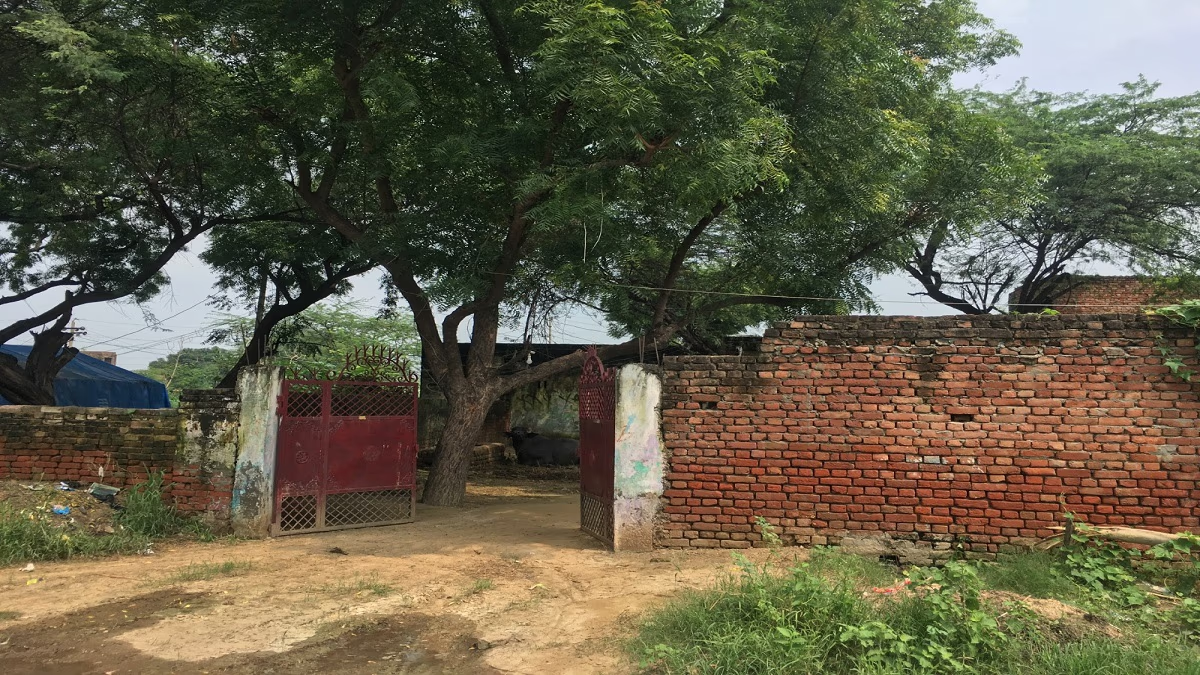
Source: aajtak
In a minute, we are inside the house. The open kitchen, freshly plastered with cow dung, fills the air with an earthy smell. The larger part of the house is concrete. As we are shown inside a room, we see a picture of the victim hanging on the wall. The older brother says, 'No video today, please. Let's do an audio interview.'
Simple village folk, yet with a certain firmness in their tone. Four years of giving interviews has etched a certain weariness in their voices. Their attire, too, reflects an urban touch, making them stand out among other villagers.
They pull chairs and sit with us, except for the older brother’s wife, who is unwell from staying indoors. 'First, she had an ulcer in her throat, then got TB. Now, her chest fills with water, and she frequently gets fevers,' he says.
The younger brother brings a whole lot of medicines from inside—empty strips of tablets and capsules, neatly packed in different packets.
Why keep these empty strips?
What to do? Keeping papers and records has become a habit. The lawyer says it's necessary. It shows people the wait for justice isn't easy.
The medicine pile is carefully stored back inside. The older brother says, 'Even at the hospital, we face maltreatment. We get poor treatment, if any. So, we stopped going to local hospitals. If it’s something minor, we keep medicines at home. If it's serious, only then do we go to the hospital.'
What else has changed during this time?
What has changed? Only dates and years change for us. Everything else remains the same—the same three-room house, the same restrictions. The government gave us 25 lakhs. It gets spent on food, medical treatment, and other expenses. Even to go out, we need a separate vehicle. If two of us go out, four or five security personnel will accompany us. They can't go without a vehicle, and we end up paying for it.
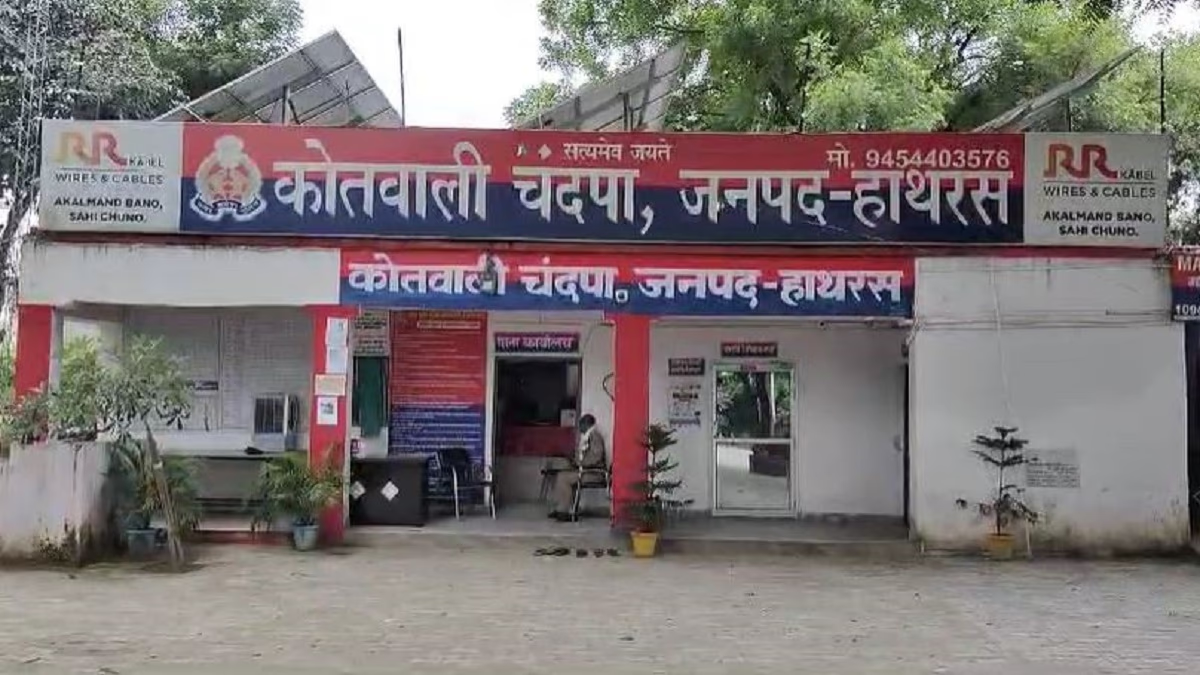
Source: aajtak
Will things improve if security is removed?
The response comes after a pause. ‘We got security because people were threatening to kill us. Now we want the government to fulfill its promises – give us a house, give us jobs. If they can't, they should tell us in writing. In March, some officials came with a notice saying we should hand over our house and land to the government before they think of giving us another house.'
Do you have this notice in writing?
Yes, our lawyer has it. They will give it to you,' he says tersely.
The simple-faced father and the younger brother speak in unison. Looking at the younger brother, I ask, 'Your name was mentioned a lot. Some villagers even hinted at something like an honor killing…', but before I finish, he replies, 'Yes, they say my brother might have done it. This helped the accused side.'
I recall the solemn father who said a few moments ago, 'The name itself sank Lalla.'
Was anyone seen trying to harm your sister or force her?
No. No one was around then. The fields of millet are tall. Even tall men can't be seen. So, if something happened, how would it be visible? When our mother reached the field, our sister was lying naked. She told the police that Guddu’s son Sandeep had tried to force himself on her. A semi-literate village girl, how could she speak openly? Even then, she told everything, but the court didn't believe it was rape.
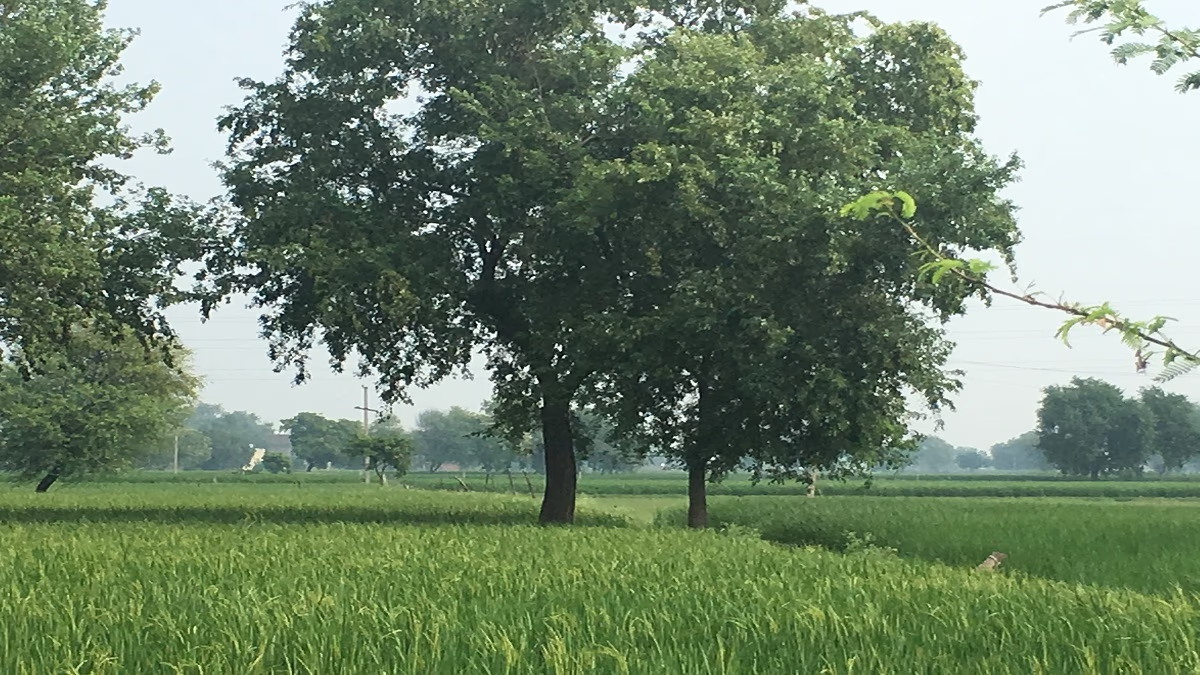
Source: aajtak
Three people have been released. One is held under lesser charges, who might also be acquitted soon. When they returned from jail, relatives came, sweets were distributed. Our young girl lost her life, but no one even came to console us. For the first time, the rehearsed tone breaks.
Why? Don’t other villagers visit you?
No one comes. When our sister was in Aligarh hospital, no one visited. When she died, no one came to wipe our tears. No one has come in all these years. People avoid us.
As we speak, a child drops in like a half-eaten fruit. I change the topic and ask, 'Is she your daughter?'
No, she's a relative's daughter. Our two daughters have gone to stay with relatives. Here, their mother is sick, and they have no school to go to. They will stay there.
Why don’t they go to school?
We tried to enroll them in the nearby school. The teacher said send them at your own risk. Other children from the village also come there. If anyone says or does something, what can we do? We brought a slate home and let them study on mobile.
Sandeep comes out with a bundle of his books. 'Look, I am preparing for SSC. I can’t go to coaching classes. We study at home. The government said they would arrange a job, let them do that. And give us a house in Delhi so we can live without fear. Here, it’s like a life sentence.'
Where are their ashes kept? Looking at the open door and the picture on the wall, I ask.
Here. They are kept safely, but we can't show them. When justice is served, we will immerse them.
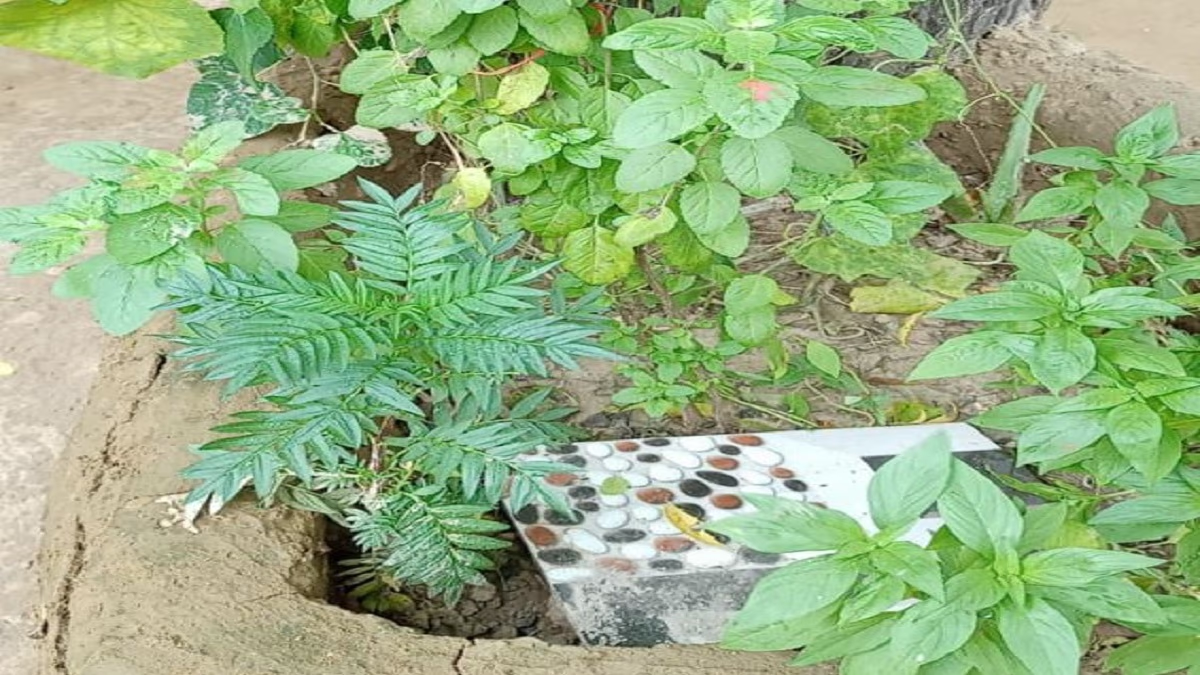
Source: aajtak
In the courtyard, a tulsi plant is blooming. Pointing to it, Sandeep says, 'This plant is her last sign. She planted it. In the winter, when all the shoots dry and die, it remains alive. Even if it dries a little, it greens up again. The first softened remark about his sister.
Throughout our conversation, two armed guards remained with us. As I take my leave, Satyendra and Sandeep walk me out, careful with their steps and words. Following them towards the register, they say, 'Look back, the accused have built new houses and shops. Tell us, where are they getting the money? Someone must be helping!'
About fifteen hundred days have passed…
Even amidst these brown doors and armed security, the toll of the passing days is clear on their faces. They can't step out, laugh with villagers, or call anyone in happiness or sorrow. They are victims but no less than convicts.
(In the next part, read about the man whose field witnessed the 'Hathras incident'...Being an eyewitness changed this man's life overnight! He says, 'For a long time, I would jump at even the sound of a car horn.')
